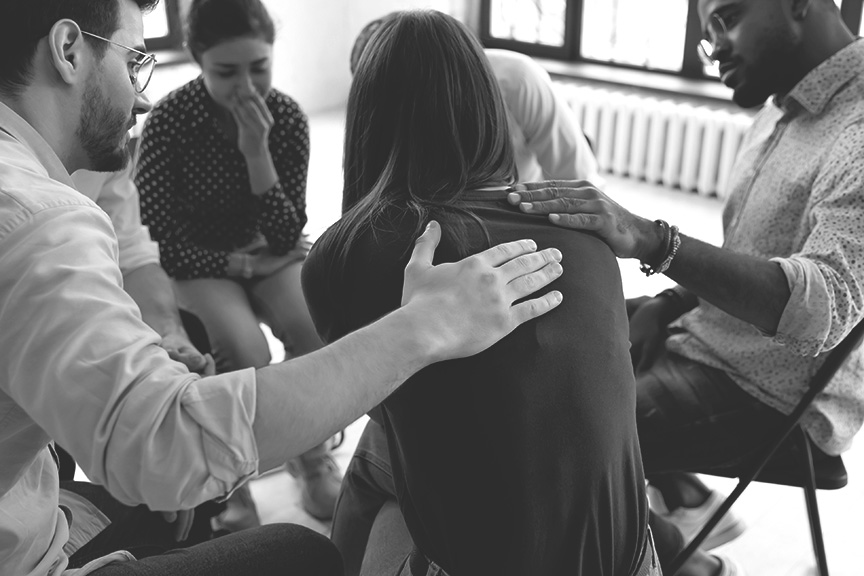While large-scale incidents like natural disasters or mass shootings undoubtedly can have an enormously disruptive impact on a work environment, it’s important to note that incidents of all sizes can (and do) affect an organization.
One of the most common types of smaller-scale incidents that can impact employee mental health is the death of a coworker.
According to an article in the Journal of Occupational Health & Wellbeing by Jean Watkins, head of bereavement at the National Bereavement Service, “Bereavement is one of the most stressful and emotionally difficult times in anyone’s life, and yet few companies have policies to address it or strategies to help their employees cope.”
Between 2018 and 2021, of the mental health in the workplace cases that R3 responded to:
- 42 percent were related to the loss of a coworker
- 18 percent were pandemic related
- 5 percent were related to a shooting
- 6 percent were otherwise related to employee assistance program (EAP) requests
Residents of Sandy Hook dreaded the sight of police cars in front of a neighborhood home because there was a good chance it meant the family members had lost one of their young children. Seeing these sights and being in close proximity to the site of the school violence affected the behavioral and mental health of the EAP call center employees as they came to work each day.
This number illustrates an indisputable fact that we already know to be true: when someone you interact with and see every day suddenly passes away, it can greatly affect you and your well-being. Helping team members build resilience through their grief process can help support employees as they process and cope with the loss.

Watkins also writes, “Resilience is as individual as the grieving process and each relationship lost through bereavement. It’s important to bear in mind, however, that the impact of bereavement is unpredictable, even to the person who has lost a loved one.”
Losing a coworker, close friend, or immediate family member to any kind of death, whether it be by suicide, heart attack, car accident, or another cause, can cause workplace trauma for employees both outside and within their work environment. A study conducted by the Grief Recovery Institute in 2003 found that the annual loss of employees’ time due to grieving employees exceeds $75 billion dollars due to absenteeism, bereavement leave, etc. This data clearly shows that an employee’s grief journey can greatly impact their ability to work and function “normally.”
Not only does grief affect the employee or employees experiencing the loss themselves, but human resources professionals know that it can also affect their extended family and coworkers. The ripple effect of grief can affect an entire organization if employees who are struggling do not have the proper resilience training resources and support in place to help build on their natural strength, work through the five stages of grief, and continue on to recovery.
It is important for leaders to recognize that grief might diminish employees’ energy, disrupt their productivity, and affect their ability to think clearly and rationally.
As written by Frances A. Palmer in a case study on grief in the workplace, published by Regent University Dissertations Publishing, “Organizations need to see death as a normal part of life and develop a plan to handle grief and the complications that come with it. A leader who understands the grieving process benefits the organization through a resulting increase in employee retention, loyalty, and production.”
By being willing to share information and by providing employees with behavioral health care interventions tailored to fit each unique situation of a death or loss in the workplace, leaders can help to hone a healthier, more resilient, and more productive organization—and most importantly, show they value their employee’s overall wellbeing.
Help make tomorrow better than today for your grieving employees by going above and beyond simple condolences to behavioral health tools and resources.
Talk to us today to learn how you can support them through loss and help them to thrive with R3’s tailored support solutions.

